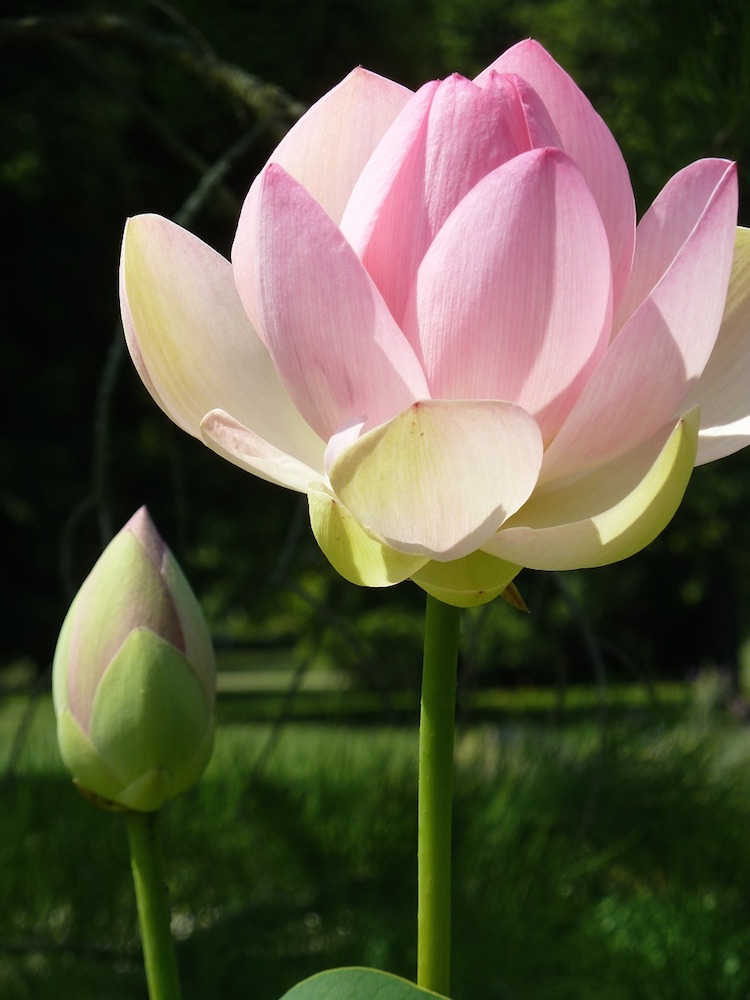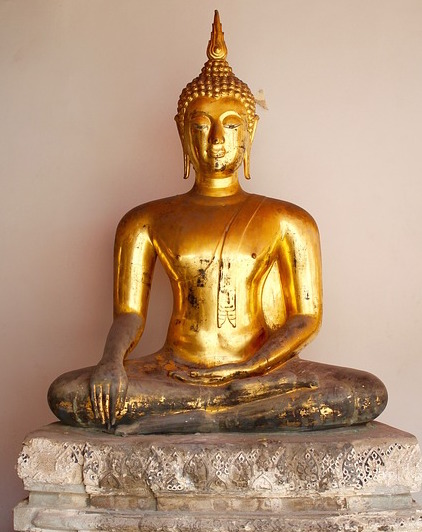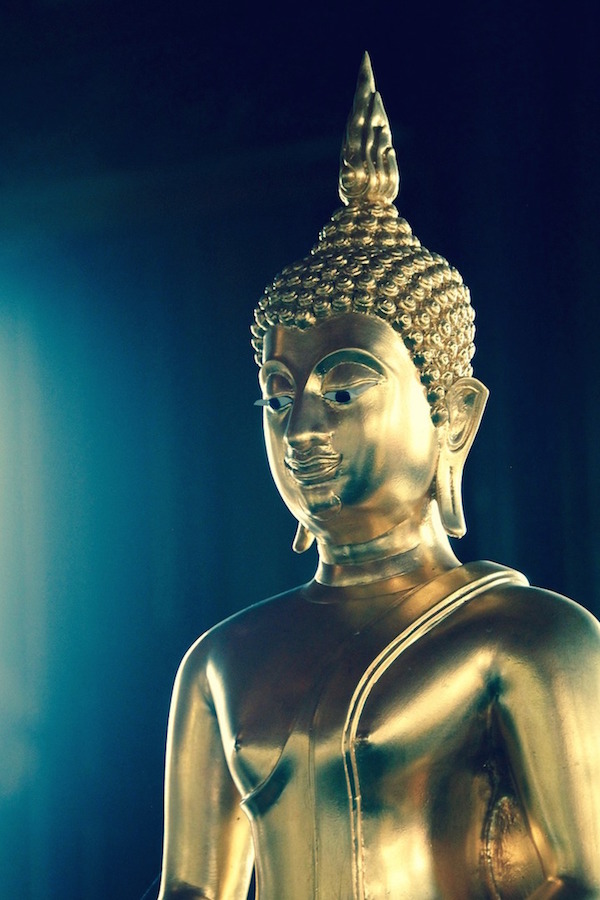Buddhist Psychology & Psychotherapy
Eastern philosophy combined with Western psychotherapy.
What is Buddhist Psychotherapy?
For more than 2,500 years, Buddhism has been a religion, but also a holistic philosophical and psychological system.
Buddhist Psychology is a non-religious spiritual science that addresses the universal issues of being human: our thoughts, our emotions, our behavior, our life in the here and now and our avoidable suffering.
In Buddhist Psychotherapy, the methods of modern psychotherapy and modern neuroscience are combined with the findings of Buddhist Psychology. Buddhist Psychotherapy sees itself as a holistic concept, which deals with body, mind and emotions and uses both Western and traditional Buddhist techniques.

“Whenever the mind is quiet, the heart can open.”

Why is Buddhist Psychotherapy particularly relevant today?
In our modern times our focus is so often in the outer world. We are continually distracted – by the material world, our technology, life in a large society, etc.
We work tirelessly to maintain control over our external circumstances. In doing so, we forget that the inner world, our mind, our body and our relationships with ourselves and others are the most important in life.
Buddhist psychotherapy reinforces our belief that these are universal problems that affect not just individual “ill” people, but invariably each one of us. The human being is considered as a whole and brought back into contact with himself.
Content
Buddhist Psychotherapy involves a number of different practice methods and can be applied to many individual problems.
It aims to let the client understand his mind, emotions and body and see them as one.
The topics for Buddhist Psychotherapy are as diverse as life itself, ranging from depressive moods, fears, self-esteem issues, relationship problems, burnout and stress to the desire to live a more mindful life.
The Buddhist concepts are explained within everyday life and integrated in it using examples and exercises.
The following topics will be discussed
The Four Noble Truths of Buddhism
The teaching about our body
The teaching about our emotions
The teaching about our mind
The basics of mindfulness
The mindful self-control
The Truth of the Inner Noble Core
Life in the here and now
The Wisdom of the Middle Way
Meditation – techniques and goals
Which results can you expect?
Basic package
This counseling program lasts for 5 weeks with a 50-min session per week.
It will cover several of the topics above, focusing on what matters most to you.
At the end of the program you will have understood and deepened the most important essences of Buddhism and will be able to apply them in your daily life. You will be able to recognize the triad of body, emotions and mind in all situations of life and have learned how to control them actively and mindfully. You will learn through meditation and mindfulness exercises to let your mind become clear and calm and to live mindfully in the here and now.
With the basic program you will have taken the first step into a mindful future.
Intensive packet
The intensive package extends over 10 weeks with a 50-min session per week. In addition, one to two e-mail contacts per week will take place to assist you in the implementation of homework and the integration of meditation and mindfulness exercises in everyday life.
It will cover all the content-related topics of the consultation package.
At the end of the program you will have understood and deepened the most important essences of Buddhism and will be able to apply them in your daily life. You will be familiar with the 4 Noble Truths and be able to implement them in your everyday life. Many of the Buddhist concepts are discussed in depth and can thus be better and more successfully integrated into your everyday life. You will be able to recognize the triad of body, emotions and mind in all situations of life and have learned how to control them actively and mindfully. This leads to a great sense of freedom when practiced regularly, because you are no longer controlled by your feelings, but can decide for yourself how you want to feel. You will learn through meditation and mindfulness exercises to let your mind become clear and calm and to live mindfully in the here and now. The present moment and its meaning for us and others is clarified in detail.
With the intensive package you get many techniques at hand, which you can integrate firmly into your everyday life over the course of the 10 weeks.
My relation with Buddhist Psychotherapy
I gained my qualification in Buddhist Psychotherapy by attending training courses in Canada, India and Germany.
In Canada, at the Shambhala Center in Halifax, I focused on studying meditation and integrating contemplation and mindfulness into everyday life.
In India, I was honored to attend a four-day course of His Holiness the 14th Dalai Lama in Dharamsala. An experience that has shaped me a lot. In addition, I took courses in Buddhist philosophy and Buddhist psychology by Lama Yeshe.
In addition, I took courses with Dr. Matthias Ennenbach in Berlin, who has decisively shaped the concept of Buddhist Psychotherapy in Germany.
I have been very interested in Buddhism for several years, I am very concerned about its integration into my everyday life and have offered this concept successfully online as a consulting package for some time now.
If you would like to know more about me and my work, please click here.

